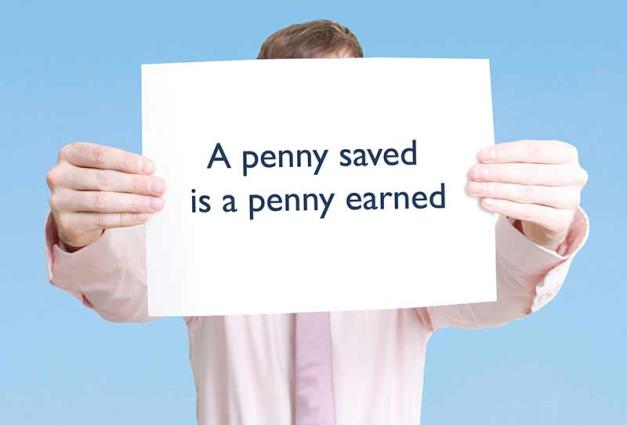Imagine watching a soccer star at the World Cup kick an impressive goal—a clip that you then re-watch over and over. You show your friends, you text the clip to your sibling… it's such a great goal. Later, you're at a rec league game at your local park, and an amateur attempts the same move, but the ball goes wide and spectators all around you groan in disappointment. How might your repeated viewing of the star's success affect your perception of the amateur's failure?
In our research, we found that when people repeatedly observe someone else successfully perform a task, they become harsher critics of others who attempt the same task and fail at it. Our studies asked participants to watch a video depicting a successful performance of a motor skills task, such as drawing an image or doing a dance move. We had some participants watch this performance only one time, and others watch it 20 times in a row. Afterward, we showed all participants the same failed attempt at that same task (that is, a bad drawing or poor attempt at the dance move). We then asked participants to report how much they thought this failed attempt deserved to be criticized, with questions such as "This attempt was worse than I thought it'd be," "This participant might be a bit incompetent," and "This participant should've done better."
What we found was that participants who had first watched the successful performance 20 times reported harsher criticism of the failed attempt than participants who had watched the successful performance only one time—even though they were judging the exact same failed attempt. Why is this?
It turns out that repeatedly viewing a successful performance actually changes people's perceptions of the task itself, and in particular, leads them to perceive the task as easier to execute. This is because repeated watching desensitizes people to the difficulty of the task; in other words, repeatedly observing the steps of successful execution can lead people to believe that the task is not so difficult after all.
Crucially, this effect occurs when people only observe others' performances of the task, and do not actually attempt it themselves, thereby lacking any direct insight into the true difficulty of the task. In turn, when people perceive a task as easier to execute, they fail to understand why others would fumble such an "easy" task, and therefore criticize them more harshly for doing so.
Our findings are consequential in today's informational landscape, in which repeated viewing of others' successful performances is increasingly common, such as via YouTube, TikTok, and other forms of social media. Repeated exposure to successful performances may be reducing people's empathy toward others who attempt these same tasks and are unsuccessful at them.
What can be done to correct this bias? One approach is to have people actually attempt the task themselves, thereby forcing them to learn firsthand how difficult it is. In one of our studies, participants repeatedly viewed a successful performance of a drawing task and then judged another's failed performance at that same drawing, similar to the previous studies—but this time, we also had them actually attempt the task themselves afterward and then re-evaluate the other person's failed performance. We found that when participants attempted the task themselves (and in most cases, did poorly at it), they softened their initially harsh criticism of the failed attempt—thus correcting the biased initial assessments that came from repeatedly observing success. Similar solutions could be implemented in other domains, such as requiring people to complete a practice trial before evaluating others.
Overall, our findings caution that not all failures may be as critique-worthy as they seem, and that extensive experience watching others' successes on repeat may be making us less empathetic to others' failures. Before harshly judging another person's failure, it may be wise to consider whether past observations of success might be driving this judgment, and—perhaps better yet, when possible—to actually attempt the task oneself. The next time you see a soccer star's expert kick, think twice before judging others who fail to mimic it.
For Further Reading
Wald, K. A., & O'Brien, E. (2022). Repeated exposure to success harshens reactions to failure. Journal of Experimental Social Psychology, 103, 104381. https://doi.org/10.1016/j.jesp.2022.104381
Kristina Wald is a PhD student at the University of Chicago Booth School of Business studying interpersonal dynamics, including impression management and communication.
Ed O'Brien is an Associate Professor of Behavioral Science at the same institution studying how people perceive and manage change in themselves and others.




